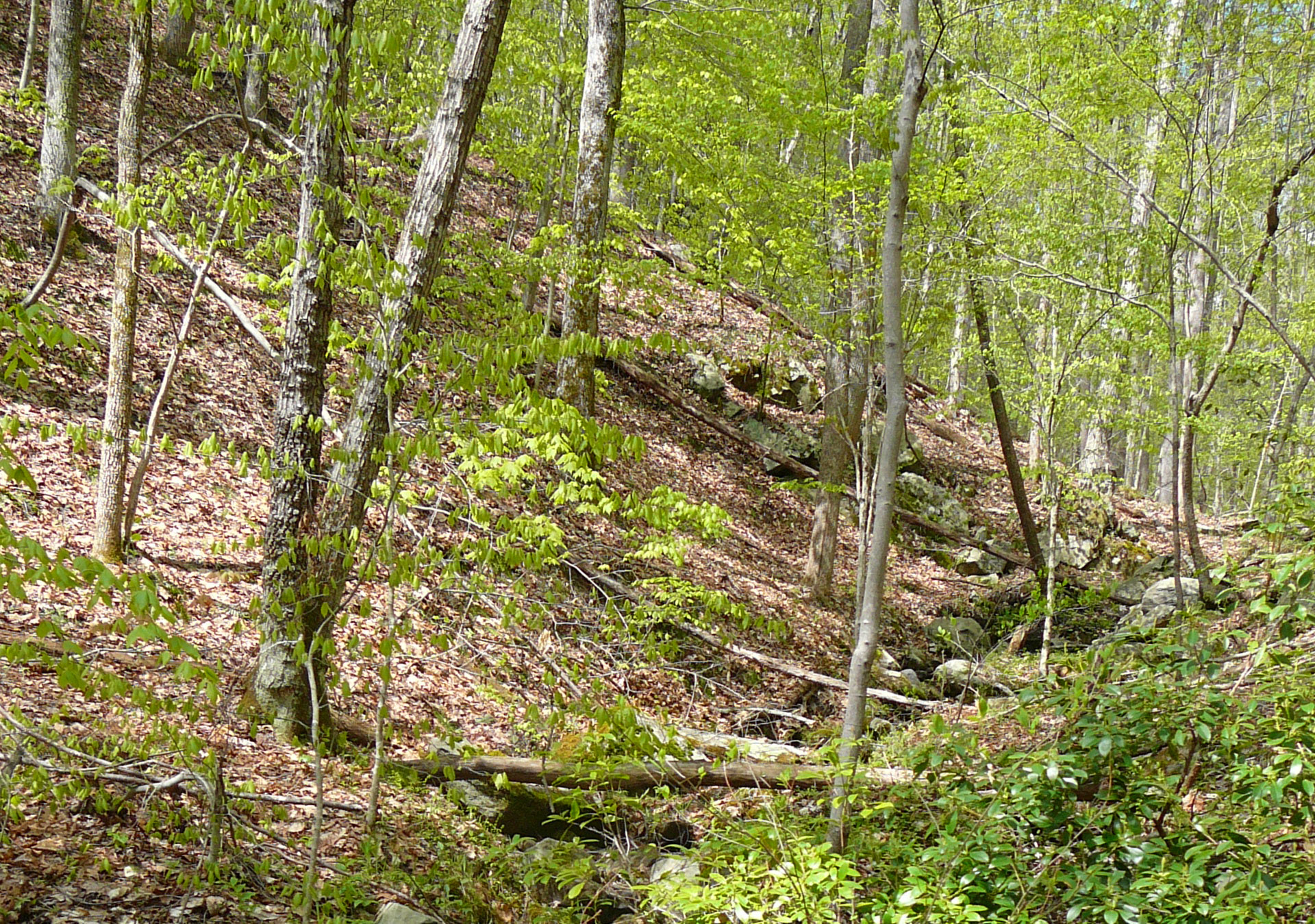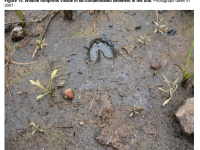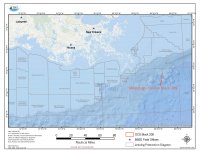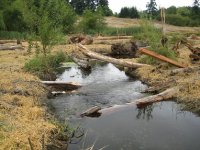Final Restoration Plan for Maryland’s 68th Street Dump Superfund Site Approved
July 16, 2020
Natural resource trustee agencies for the 68th Street Dump Superfund site in Maryland released a Final Restoration Plan and Environmental Assessment (PDF, 38 pages) in July, 2020. This Final RP/EA includes a selected project intended to restore habitat to compensate for injuries caused by hazardous chemicals released into the environment at the 68th Street site, where seven former landfills were once active.
The selected project seeks to restore 109 acres of hardwood forest within the Belt Woods Natural Environment Area, a National Natural Landmark in nearby Prince George’s County, Maryland. This location includes one of the last stands of old-growth hardwoods on the Atlantic Coastal Plain, which encompasses coastal areas from Massachusetts all the way down to Florida. The project will improve forest habitat and condition which will be beneficial to multiple wildlife species, including many migratory bird species.
A $51.5 million settlement was reached in 2018 to clean up and restore natural resources injured by pollution. In addition to the habitat restoration at the Belt Woods Natural Environment Area, the responsible party agreed, as part of the settlement, to implement on-site natural resources restoration integrated with remediation activities—these activities include: trash reduction, invasive species control, wetlands enhancement, stream restoration, motor vehicle exclusion and a vernal pool creation.
The 239-acre 68th Street Dump site was the location of seven former landfills that received industrial and other wastes from more than 40 parties responsible for the release of hazardous substances into the environment. The site is adjacent to wetlands and several streams that flow into the Back River and eventually the Chesapeake Bay which are habitat for migratory fish species, including fish like the American shad, Hickory shad, blueback herring, alewife, and American eel.
Trustee agency partners for the 68th Street Dump Superfund Site include the U.S. Fish and Wildlife Service, which led development of the plan, NOAA and the State of Maryland’s Department of Natural Resources and Department of the Environment. A draft of the restoration plan was released for public review and comment in February 2020.
For more information please contact rich.takacs@noaa.gov.







